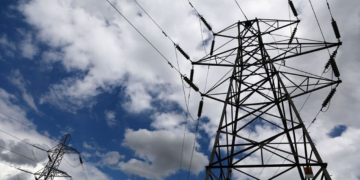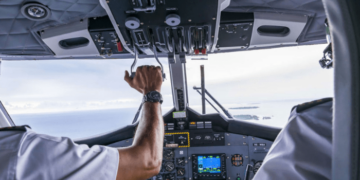Nigeria’s current frightening and explosive borrowing is raising concern among non-state actors who have mobilised resources to engage other stakeholders to action initiatives that will help neutralize imminent fiscal crises.
Taking up the challenge, the Civil Society Legislative Advocacy Centre (CISLAC), a non-profit, advocacy, information sharing, research body and her partners have launched a research product that centers on revealing and challenging the role of private creditors in hindering people’s recoveries to enhance the urgency with which the international community must address sovereign debt crises.
The research was commissioned with support from Christian Aid, to fully highlight the Nigerian context and dimensions of the indebtedness to private creditors for policy options and deliberate efforts to ending it.
It aims to contribute to an international financial architecture and macroeconomic environment that enables the fulfilment of human rights and the undertaking of climate action in economies that center on care.
Speaking in Lagos while interacting with the media, executive director of CISLAC, Auwal Ibrahim Musa (Rafsanjani), believed that the timing is auspicious to intensifying the urgency for adequate responses by relevant actors within the debt financing ecosystem that will contribute to cushioning this worsening economic crisis.
Musa, observed that Nigeria appears to be heading towards a debt crisis, with inevitable human costs.
“With limited access to further financing on concessional terms, and with a growing presence and influence of private creditors in its debt profile, Nigeria’s national debt is growing and increasingly putting the country in a precarious situation, with significant implications for human rights, including to education, health and climate change mitigation and adaptation.
A growing proportion of external debt owed to private creditors under opaque terms and often subject to high interest rates is contributing to spiraling debt servicing costs, increasing the risks to Nigeria’s economy.” he said.
Musa also noted that this trend is playing out in a context of lack of transparency in lending more generally- which is a barrier to holding governments accountable for debts they incur- alongside the deep economic impacts of the COVID-19 pandemic and the associated fiscal constraints.
His concern also stems from the fact that past decade has seen the largest, fastest and most broad-based increase in debt in emerging and developing countries over the past 50 years.
The total debt in these areas he said has risen by 54 per cent percentage points of Gross Domestic Product (GDP) to a historic peak of almost 170 per cent of GDP in 2018.
A major contributor to this increased public debt levels has been the unprecedented influx of private lenders flooding developing economies, as they look for higher returns outside advanced economies following the global financial crisis of 2008.
Citing data from the Debt Management Office (DMO), Musa said, Nigeria’s Total Public Debt Stock as of June 30, 2022, was N42.84trillion ($103.31billion), noting that, it is instructive to recall that Nigeria’s debt service cost presently outweighs its revenue with clear signs of economic dangers ahead.
He called for a strong strategy as a country to stem the tide as borrowed funds should be focused on self-liquidating projects; projects that can pay back the loans, especially as debt servicing is a first-line charge and therefore these agencies/private creditors give these loans with higher fiscal conditionalities.
Some capital expenditures, he noted, do not qualify as development projects and so, add no value to the borrowing state/country, adding that government should rather look inwards to source these funds and this is where Tax expenditures play a crucial role while citizens should be on the watch out to see how these funds are spent.
He therefore called on all state and non-state actors to heed this call and mobilise collective actions to nip this issue in the bud as we head towards a fiscal cliff, in the interests of the increasing population of poor Nigerians whose lives are affected by the crisis.
We’ve got the edge. Get real-time reports, breaking scoops, and exclusive angles delivered straight to your phone. Don’t settle for stale news. Join LEADERSHIP NEWS on WhatsApp for 24/7 updates →
Join Our WhatsApp Channel









